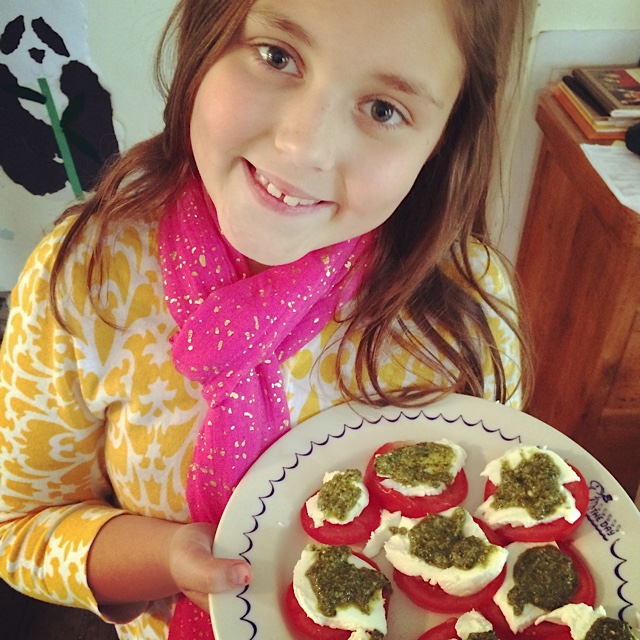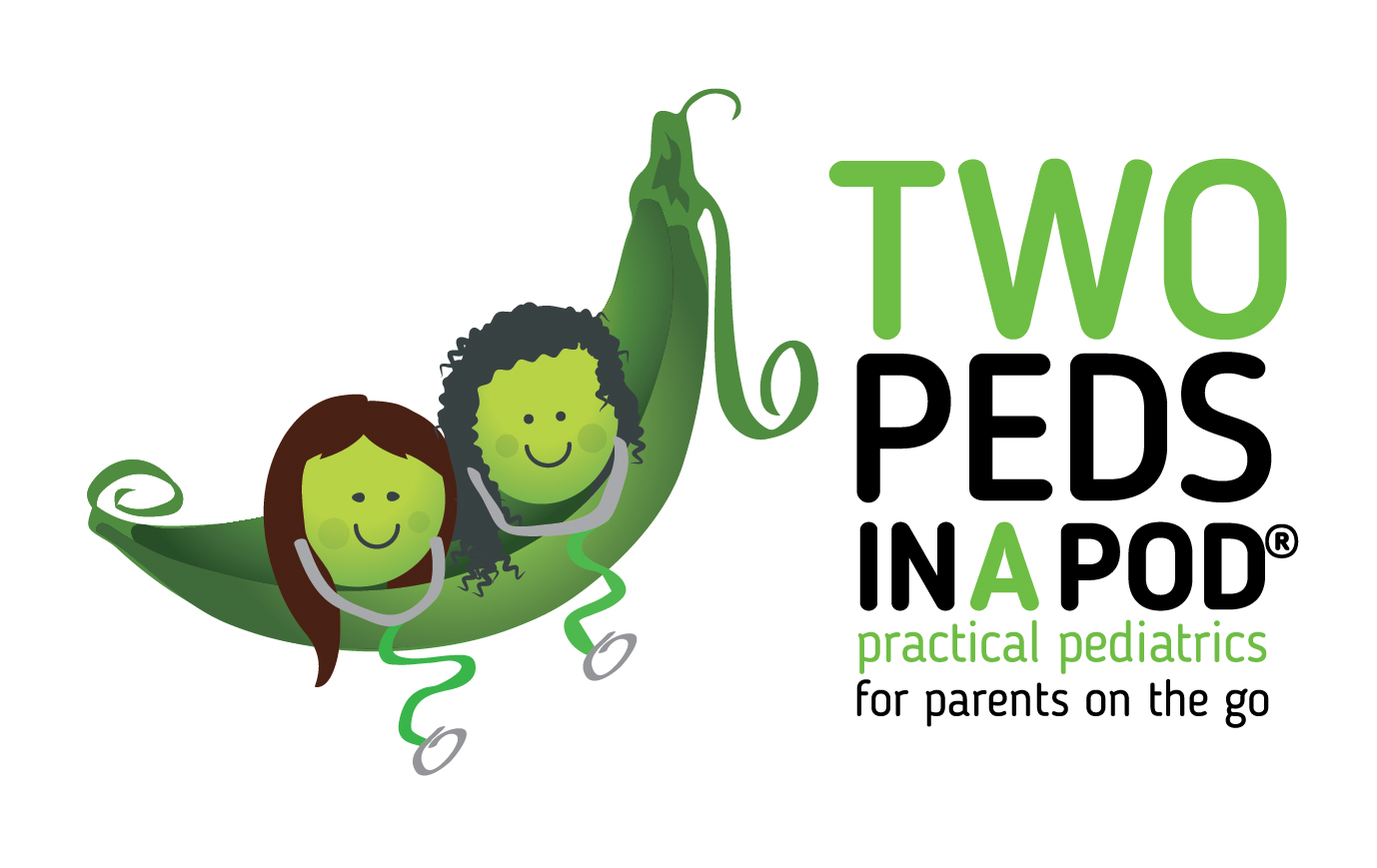
photo by Lexi Logan www.LexiLogan.com
Dr. Lai was shocked when she saw her first child, at age 2 ½ years, pour water out of a small pitcher into her own cup at daycare. At home it never occurred to Dr. Lai to let her try.
When can you start letting your kids do things for themselves? While there is not a lot of hard data on this, developmentally your kids may be more capable than you think.
Eating/self feeding:
-with hands: 9 months
-with spoon/fork: 18 months
–with chopsticks: 4 years
Pour own cereal and milk: 5 years but expect some spills
Cook a meal or at least start to cook a meal on their own: around age 12 +/- 2.5 years per 2007 survey of American pediatricians. In fact, kids are allowed to participate in the TV show Chopped Junior at age nine.
Brush teeth:
Toddlers: kids take a turn, then parents take turn.
Preschool/early school aged kids: parents continue to inspect and may continue to take a turn
Again, according to the 2007 pediatrician survey, around age 8 years is when kids can do complete oral care on their own.
Pee/Poop:
5 years-Kindergarteners should be able to independently go to the bathroom. That includes undressing, using toilet/wiping, redressing, and washing hands. Unfortunately, they may still not be great at wiping- this is one reason for daily baths/showers at this age.
Completely dress/undress including zippers and buttons: 5 years. But don’t necessarily expect matching colors – some adults never even learn this skill!
Tie shoes: 4-6 years.
Medical and emergency care
Self-injectable epinephrine (brand names Epi-pen, AuviQ): 12-14 years – per survey of 88 allergists.
Diabetes self care: kids around age 7 have the fine motor coordination needed to inject insulin and check blood sugar under supervision of an adult.
Come home to an empty house:
According to the American Academy of Pediatrics, 11-12 year olds can come home to an empty house after school if:
-Daytime
-Not alone for longer than 2-3 hours
-Depends on safety of neighborhood
-Depends on other neighbors nearby who could help in an emergency
-Child should know how to answer phone, what to do in the event of fire, knows how to access the home’s water shut-off, can handle a medical emergency, knows where first aid kit is, and knows the name of pediatrician, preferred hospital, insurance, and how to contact parent
Babysit:
Recommendations vary and while there are no specific laws, there are plenty of state guidelines and recommendations. Ultimately, parents are responsible for who cares for their kids when the parents are not present. The American Red Cross offers an on-line babysitting course for kids starting at age 11 years.
So teach your children how to take care of themselves well, for their own sake and for yours. Remember, they will be the ones caring for you in your old age.
Naline Lai, MD and Julie Kardos, MD
Ⓒ2017 Two Peds in a PodⓇ



